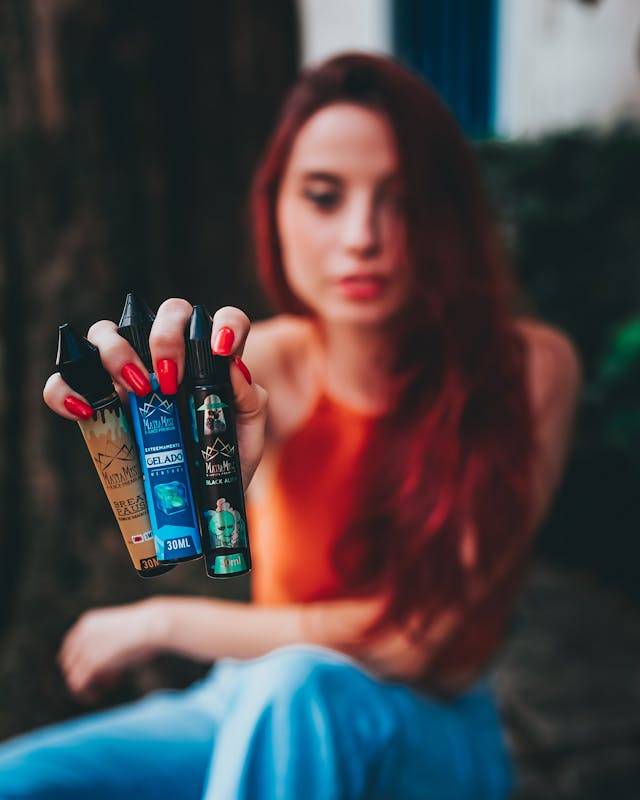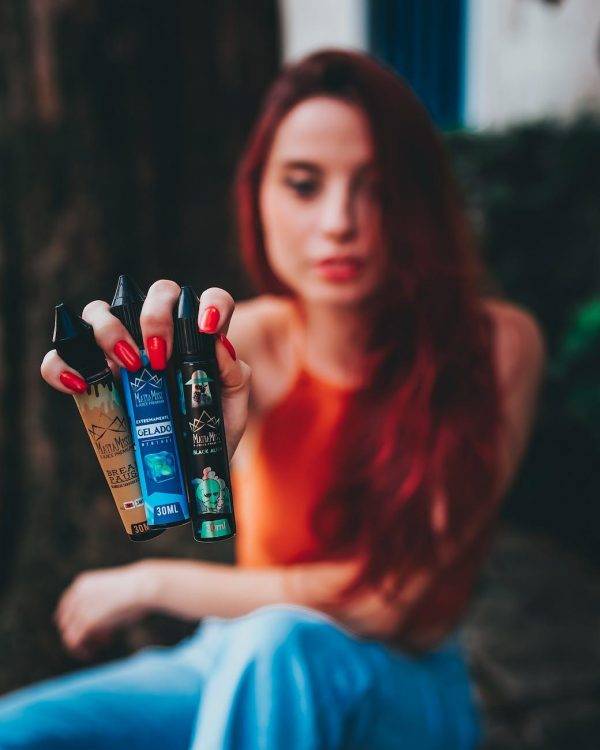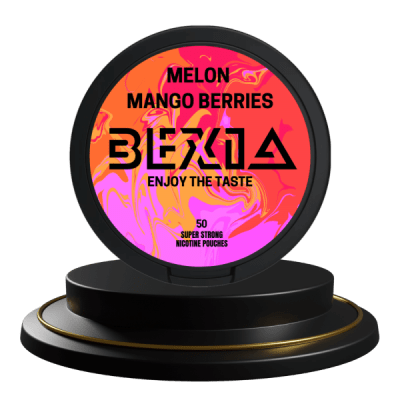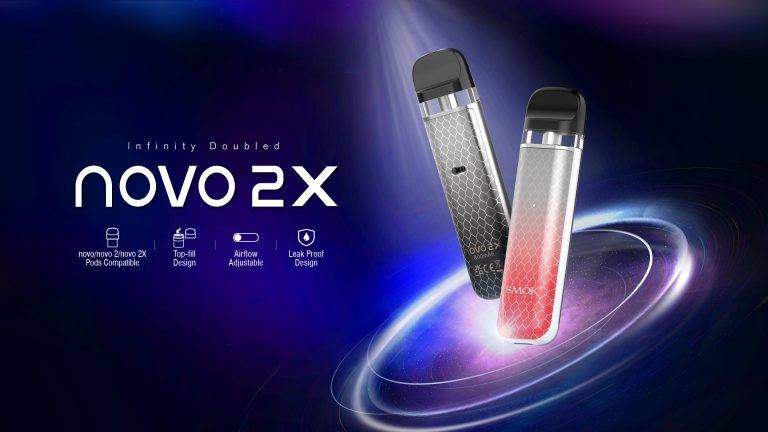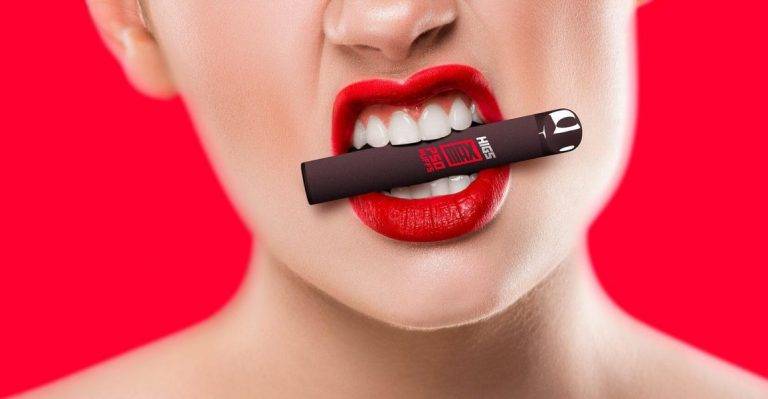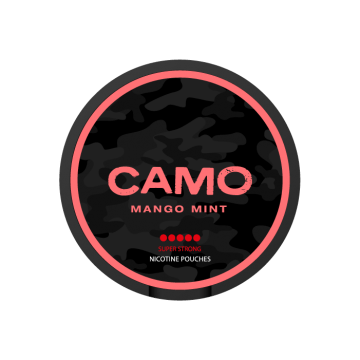VG
Vegetable glycerin (VG)
Vegetable glycerin (VG) is also known as vegetable glycerol. It is a carbohydrate that is usually derived from plant oils. It is used as a sweetener and as an ingredient in a number of cosmetic products. Vegetable glycerin is also used in place of alcohol to extract botanicals.
Glycerol, also called glycerine in British English and glycerin in American English, is a simple triol compound. It is a colorless, odorless, viscous liquid that is sweet-tasting and non-toxic. The glycerol backbone is found in lipids known as glycerides. Because it has antimicrobial and antiviral properties, it is widely used in FDA approved wound and burn treatments.
Conversely, it is also used as a bacterial culture medium. It can be used as an effective marker to measure liver disease. It is also widely used as a sweetener in the food industry and as a humectant in pharmaceutical formulations. Because of its three hydroxyl groups, glycerol is miscible with water and is hygroscopic in nature.
Glycerin, along with propylene glycol, is a common component of e-liquid, a solution used with electronic vaporizers (electronic cigarettes). This glycerol is heated with an atomizer (a heating coil often made of Kanthal wire), producing the aerosol that delivers nicotine to the user.
